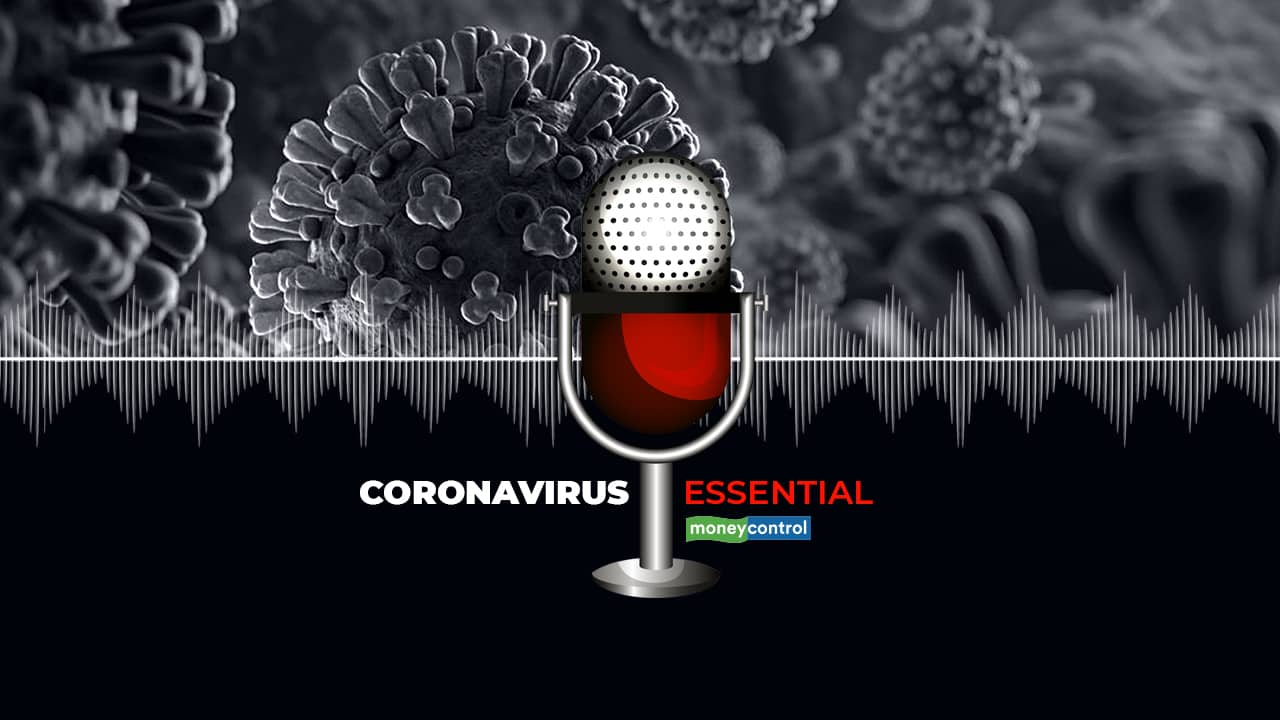Thane Municipal Commissioner has imposed a complete lockdown till March 31 in COVID-19 hotspot areas in Thane city. So far 16 areas have been marked as a hotspot in the city.
Meanwhile, Bharat Biotech's Covaxin is safe and immunogenic with no serious side effects in Phase 2 trials, said a study published in The Lancet. The study also noted the Phase 2 trial result of Covaxin do not permit efficacy assessments and further validation with Phase 3 safety results is needed.
Tune in to the Coronavirus Essential podcast with Shraddha Sharma for more.
Discover the latest Business News, Sensex, and Nifty updates. Obtain Personal Finance insights, tax queries, and expert opinions on Moneycontrol or download the Moneycontrol App to stay updated!









